As I am always striving to improve my skills as a wellness professional, I recently earned my Change Psychology Certification from Precision Nutrition (the #1 most recommended science-based nutrition certification program in the world). As a Certified Health Coach, I am trained in this area already but this Certification goes a bit deeper into how we change our behavior in addition to the theories behind it.
I was drawn to write this blog and share some of the theories and practical tips when it comes to behavior change to help my clients and potential clients understand a little more where I’m coming from with my approach. This is especially true when I say to have a “growth mindset”, “lean into change”, “unlearn the diet mindset”, and being open to “deep change”.
Also, education will always lead to more understanding, less fear of change, and ultimately clarity and acceptance. Through shifting the mindset from fear and uncertainty, to a place of safety and certainty, clarity moves us forward, even if it shows us constraints.
There are 4 Truths to Change:
1. Change is messy
2. Change can be hard
3. Change is possible
4. Change is built on self-compassion
1st Truth – Change is Messy – There are myriad factors to what makes us a unique individual including physical environment, social, cultural, intellectual environment, family, friends, dogs, news, etc. Our thoughts, energy levels, and health, can be for or against us. This is where “Deep Health/Change” comes in because it’s a whole-person, whole-life approach to health, including six primary dimensions: physical, mental, emotional, existential, relational-social, and environmental in order to reach wide-ranging growth and evolution (rather than “hacks” or “quick fixes”). Pretty deep huh?
2nd Truth – Change is Hard - Effort is great, but doing the wrong thing harder won’t help. “Trying hard” without strategy or skill is like trying to become a better writer by pressing harder with the pen. Rather than just working more, we need to look for what’s effective. Think – Smarter not harder!
3rd Truth - Change is Possible - Our brains are a very powerful thing that can trick us into remaining stagnant in the status quo (because natural factors of change are resistance and ambivalence), but it’s neuroplasticity is the ability to build new neurological pathways to literally pave the way to acting and thinking differently. The definition of neuroplasticity is: the ability of our nervous systems to build new connections and pathways to help us think or do things differently. We can improve neuroplasticity by: Reducing and managing stress, setting small mini-goals, practicing and repeating (which carves stronger neural pathways in the brain).
4th Truth - Change is Built on Self-Compassion - Striving for improvement doesn’t mean we’re broken or dysfunctional. We can’t bully, panic, or criticize ourselves into lasting change. Therefore, only when we compassionately and kindly accept things as they are right now can we truly hope to change them. Threat, fear, and anxiety cuts off all but the most aversive learning — avoid pain and get away. When our brains feel fear, pain, or distress, they try to avoid the suffering as much as possible, and regress into basic coping mechanisms (such as overeating, alcohol, excessive use of TV, video games, social media, etc.), this is basic neuroscience. Thus, only when we create safety and security can we then venture out into an unknown and uncertain territory.
Key take-aways to help remember the important parts!
1. To reach deep change, one must explore all 6 dimensions of themselves:
a. Physical
b. Mental
c. Emotional
d. Existential
e. Relational-social
f. Environmental
2. Develop your skills and strategies to overcome barriers
3. Improve your brain’s ability to create new neurological pathways/habits by:
a. Reducing and managing stress
b. Setting small mini-goals
c. Taking action by practicing and repeating
4. Create safety and security in your life before expecting deep change. Let go of self-limiting beliefs such as fear, self-criticism, panic, and making impulsive decisions by building healthy coping mechanisms.
Now that you know more about the science and truths behind change, stay tuned for my next blog on having a Growth Mindset!

